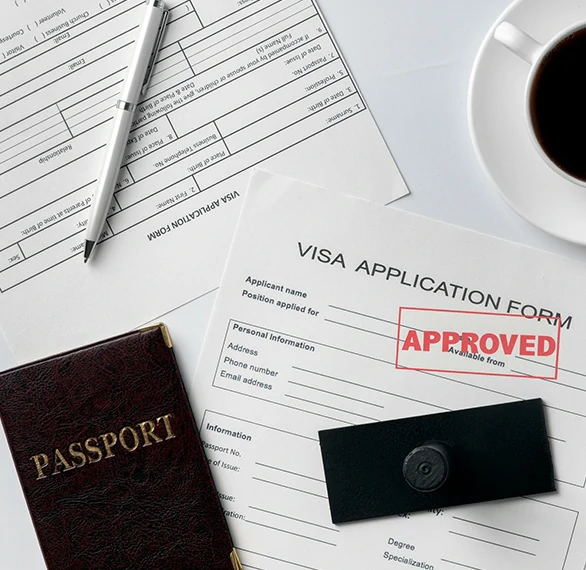Employ talents, Your dedicated team, Run Operations, Open new markets,
Hassle Free
Setup your team in Vietnam,
Say Goodbye to Bureaucracy!
Find Out Your Staffing Costs
* Total cost all inclusive. Foreign workers are subjected to lower taxation.
** Service fee per staff may vary according to the size of the team. In this example, team of 10 staff.

Setup your remote team in vietnam. Say goodby to bureaucracy!

Start The Right Way
Interested in expanding your business into Vietnam?
Here's two ways to extend your operations to one of ASEAN strongest economies.
Employer of Record
The perfect choice for cost centers. Having a dedicated team without any administrative hassles.
- Build your operations without having to run an entity
- No fixed costs and zero management time
- Dedicated account manager
- Full compliance is ensured
Learn more
Incorporation
For businesses and individuals who wants to setup a legal entity in Vietnam and generate revenues locally.
- 100% Foreign-owned LLC
- Joint Stock Company
- Branch
- Representative Office
Check out the options
Incorporation
Through our experience in Vietnam, we understood and recognized the need for streamlined market entry and business operations.
Establishing a legal entity in one of the world’s fastest growing economies brings a lot of potential for your business.
Discover how we can scale your business in Vietnam.

Have another structure in-mind? We’ve got you covered.
Schedule a free 30-minute consultation with us and let our specialists help with choosing the best structure for your business. We can advise you on anything from capital requirements, foreign ownership, business fields requirements and more.

Streamline Hiring and Get the Best staff for Your Company.
Sourcing top talent shouldn't drain your resources. With extensive local market knowledge, our specialists simplify the hiring process, connecting you with qualified candidates quickly and cost-effectively.
Find Your Talents
At Metasource, we understand the importance of building a strong team is key for the success of your business.
That's why we offer expert recruitment and HR advice to help you find the best talent in Vietnam, without taking your focus away from your core operations.
Our team can help you navigate the local labour market, define salary ranges, screen applicants, and ensure that your operations meet all local labour standards.
- Recruitment
- Immigration
- Insurance

Visa, Working permits and Resident cards.
If you are a professional seeking to work in Vietnam, or a Vietnamese business looking to hire foreign employees, our immigration team can help you obtain a work permit successfully.


Add a layer of security to your team.
To better protect employees from having to bear unexpected medical bills, we can provide cost-efficient insurances to cover local and foreigner staff. Check out what we can do for your team.

Schedule a free 30-minute consultation on doing business in Vietnam.
Advice For New And Growing Businesses

Leaves Tracking
Lorem ipsum dolor sit amet, consectetur adipiscing elit. Suspendisse varius enim in eros.

How To Setup A Business In Vietnam
Working in Vietnam can be an exciting opportunity for many individuals. The country is known for its vibrant culture, delicious food, and friendly people.

How To Buy Property In Vietnam As Foreigner
The question of whether or not it is possible for a foreigner to own properties, land, and apartments in Vietnam is one




















